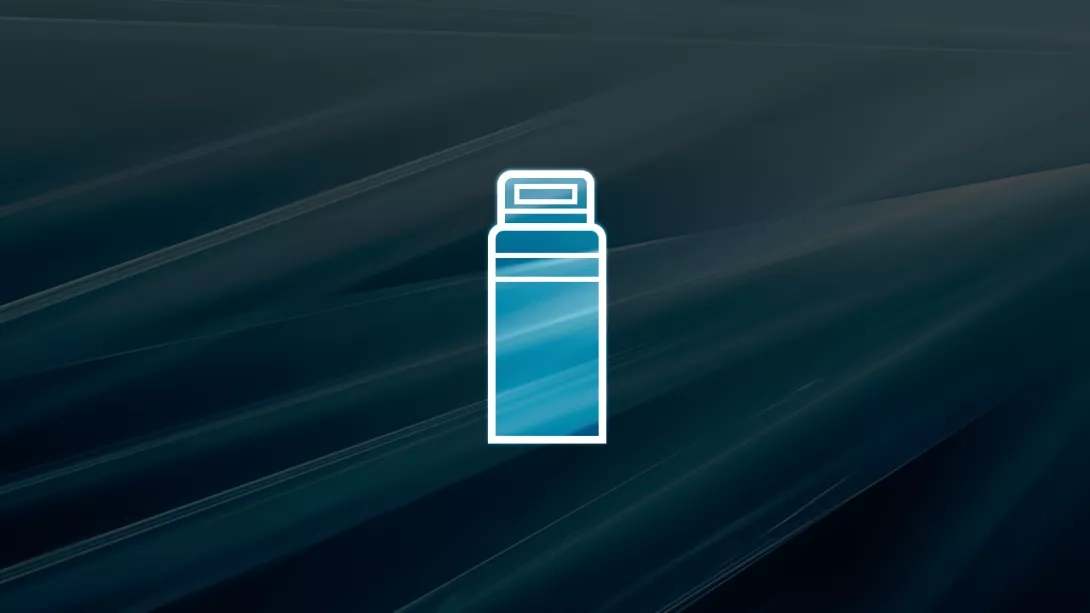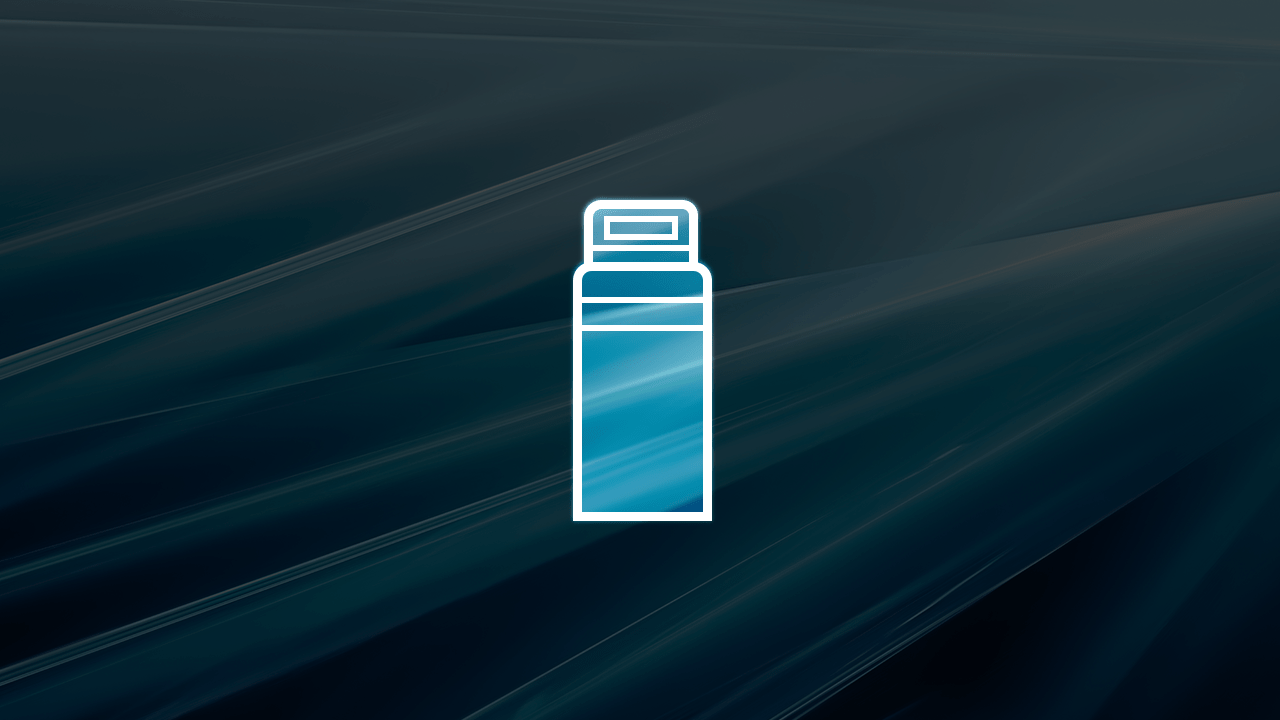Introduction
Salt-free water softeners have gained popularity as an alternative to traditional salt-based systems. This comprehensive guide will explore what salt-free water softeners are, their advantages and setbacks, and address frequently asked questions.
What is a Salt-Free Water Softener?
A salt-free water softener is a type of water treatment system that conditions water without using salt. Instead, it employs a process called Template Assisted Crystallization (TAC) which alters the structure of hardness-causing minerals, preventing them from forming scale.
Advantages of Salt-Free Water Softeners
Effective Limescale Reduction: They effectively prevent limescale buildup in pipes and appliances, prolonging their lifespan.
Almost Maintenance-Free: These systems require minimal maintenance, as they do not need regular salt refills or resin bed regeneration.
Better for the Environment: Salt-free softeners are eco-friendly as they don’t produce wastewater or use chemicals.
Suitable for People on Low-Sodium Diets: Since no salt is used, these softeners are ideal for individuals on sodium-restricted diets.
Suitable for Areas with Restrictive Plumbing Codes: They are compliant with areas where salt-based softeners are banned due to their impact on the environment.
No “Slippery” Water Feel: The water retains its natural feel without the slippery sensation often associated with salt-based softeners.
Retain Healthy Minerals: They allow beneficial minerals to remain in the water.
Setbacks of Salt-Free Water Softeners
- Expensive: These systems can be more costly upfront compared to traditional softeners.
- Don’t Address All Water Hardness Issues: They are less effective in very hard water conditions.
- Challenging Install: Installation can be complex, often requiring professional assistance.
- Not Ideal for Well Water: They might not be effective in treating well water with certain impurities.
- Not Always 100% Effective: In some cases, they might not completely eliminate scaling.
Conclusion
Salt-free water softeners offer an eco-friendly, low-maintenance alternative to traditional systems, but they come with their own set of limitations. For more information and options, visit Ecosoft's Point of Entry Systems and Filter Media.
Faqs
Do salt-free water softeners require any special installation or maintenance considerations?
Installation can be complex, and while they require less maintenance than salt-based systems, periodic checks are recommended.
Can salt-free water softeners treat water with high hardness levels?
Their effectiveness can diminish in treating water with very high hardness levels.
Are salt-free water softeners suitable for all types of water hardness levels?
They are generally suitable for moderate levels of hardness but may be less effective in very hard water conditions.
How do salt-free water softeners differ from traditional salt-based systems?
Salt-free softeners condition water without using salt, and they don’t remove minerals but change their structure to prevent scaling.








